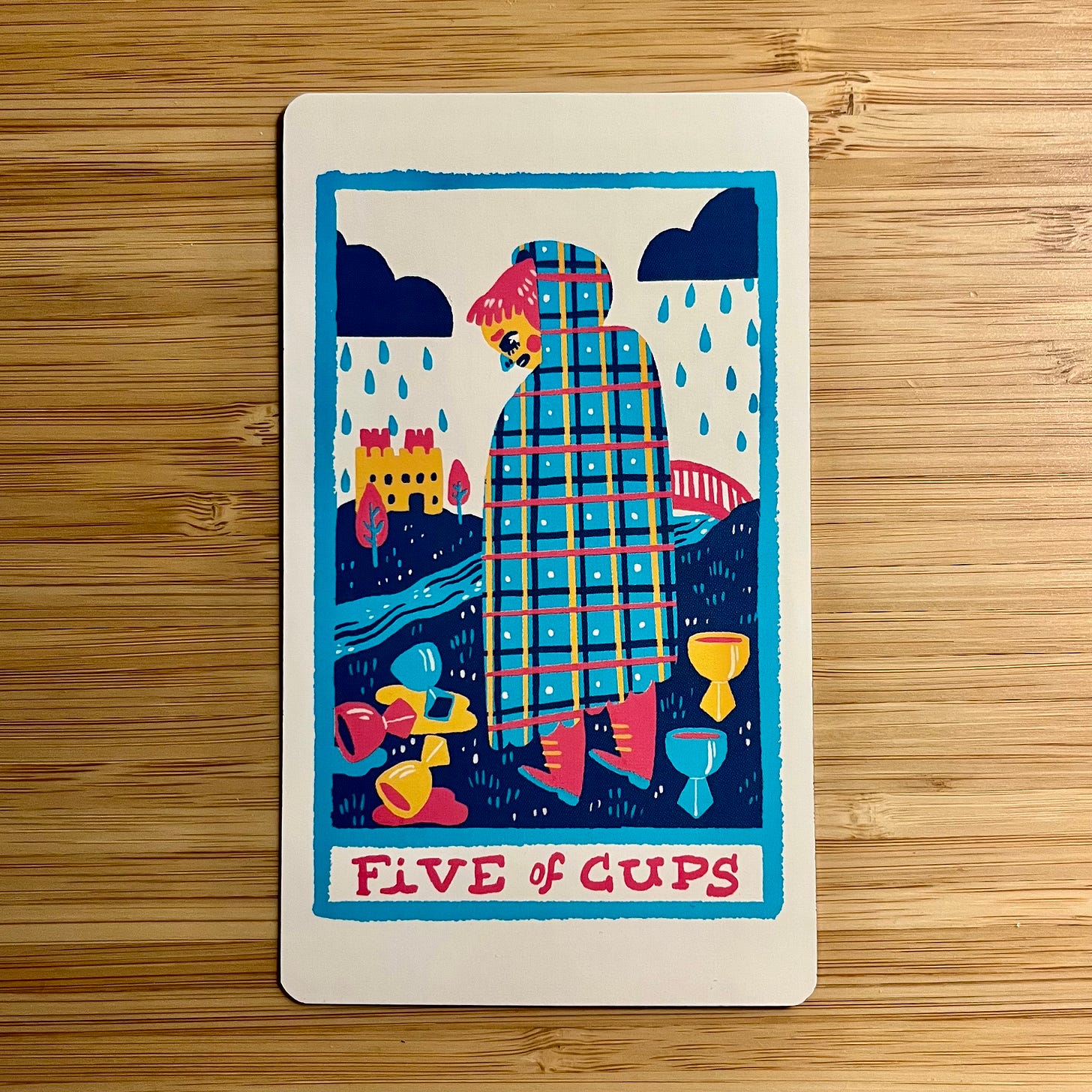
This past January my world was turned upside down by a crisis in my personal life. The situation is complex (relationships are systems too), and sadly resonates with some of the social and political dynamics we’ve also been seeing play out on national and global stages: power as power over, disregard, solipsism. The double whammy of navigating this in my personal life and the world at large has more than once left me halfheartedly joking that, “The universe is clearly trying to teach me something this year.”
Not unsurprisingly, January marked the beginning of an intense period of “wintering” — to borrow the term/title from Katherine May’s book, which illustrates how Autistic people often “hibernate” to recover from overwhelming experiences. (O yes, while it wasn’t exactly a surprise, the other transformative piece of news I received this winter was my “official” AuDHD — Autism + ADHD — diagnosis.) In Wintering, May writes:
“Sometimes the best response to our howls of anguish is the honest one. We need friends who wince along with our pain, who tolerate our gloom, and who allow us to be weak for a while when we’re finding our feet again. We need people who acknowledge that we can’t always hang on. That sometimes everything breaks. Short of that, we need to perform those functions for ourselves: to give ourselves a break when we need it and to be kind. To find our own grit, in our own time.”
This wisdom held true for me during the first quarter of 2025, and I feel immensely grateful for the friends, family, and colleagues near and far who have held and supported me. And especially for the extraordinary queer, neurodivergent, feminist community and care of my parent friends here in Beacon.
I spent much of January through March sifting through the weeds of my memories, experiences, and feelings, looking at what I thought I knew from new angles, identifying and owning my contributions, and reckoning with the insights that emerged — many deeply uncomfortable. I believe in this process. It reflects the power of the “Ground Truth” and “Insights” quadrants of an Emergent Learning Table (a tool I frequently draw on in my consulting practice), and the What? and So What? questions of Liberating Structures’ W³ framework (useful for both collective sense-making and solo reflection). Yet both of these tools also equally value action:
The W³ process ends on the question: Now What?; and
Half of an Emergent Learning Table is devoted to identifying “Action Hypotheses” (if/then statements that articulate where we want to go next and what we think it will take to get there) and “Opportunities” to test them out.
And, to be honest, I do feel ready to move from reflection and analysis into action. So the inquiry question I chose for this month was:
What do I need to say “yes” to?
And the tarot card I pulled was the Five of Cups. (So funny, Universe.)
The traditional reading of this card is that it marks a point of no return, separation, grief — but also a nudge to let go of regret and see our losses as gains. In Radical Tarot: Queer the Cards, Liberate Your Practice, and Create the Future, Charlie Claire Burgess describes it as follows:
“This card is about grief, loss, despair, sadness, and the rest of the flip side of the heart. If you are currently experiencing a loss, this card witnesses your pain and supports you in feeling your feelings and moving through the grieving process.”
Ironically, I guess sometimes the “action” that’s required is, in fact, a feeling. Or, rather, the work of surrendering to what we’re feeling so that it can move on through us.



